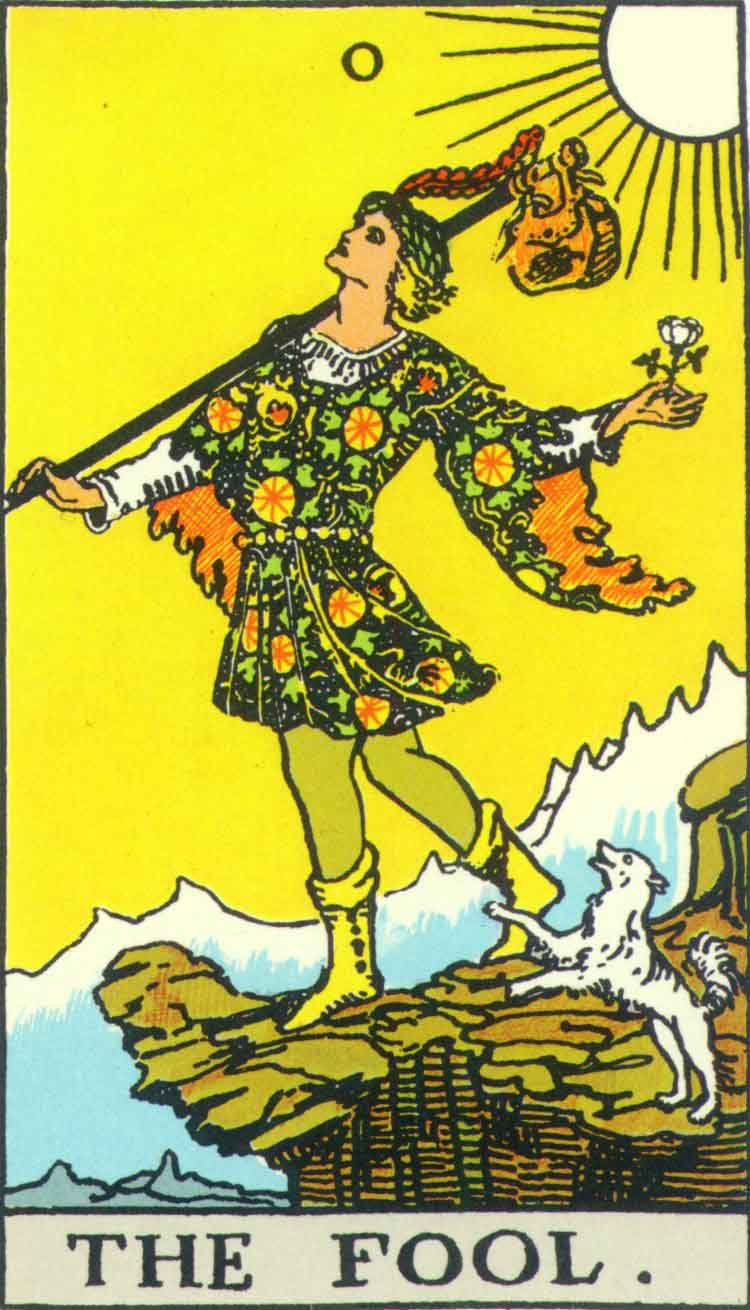A Thaw
~
Hi, Mick!
~
This was sent to me by Patrick Doud:
"U.S. soccer team hears Osama chants in Mexico
Associated Press
Feb. 6, 2004 12:30 PM
ZAPOPAN, Mexico - The Mexican crowd hooted "The Star-Spangled Banner." It booed U.S. goals. It chanted "Osama! Osama! Osama!" as U.S. players left the field with a 2-0 victory.
And that was in a game against Canada on Thursday before just 1,500 people.
A game Tuesday in neighboring Guadalajara will determine whether the U.S. under-23 soccer team heads to the Athens Games.
"This is what it is all about," coach Glenn Myernick said. "You are 90 minutes away from being in the Olympics."
The U.S. team faces Honduras on Saturday in its last first-round game, which will determine if the Americans play Costa Rica or Mexico in the deciding game on Tuesday. While the Americans will surely face a hostile crowd against Costa Rica, a matchup with Mexico would mean a game in front of more than 50,000 hometown fans seeking revenge.
The United States knocked Mexico out of the World Cup in 2002, and Mexican fans will be looking for some retribution if the teams meet in the semifinals."
~
~
Thanks to Jack Kimball at http://pantaloons.blogspot.com/ for his generous and perceptive comments. I am especially interested in what Jack identifies as "Boston or New England sobriety, a lack of irony in Xtina's use of 'loss,'" (xtina.org) and "unironic word-play" in my "New England Projectivism".
I think there's something to what Jack sees and hears. (His praise of Xtina's poetry and presence is especially on the mark.) What do others think of "New England" as adjective and the absence of irony {sincerity ...in a Poundian sense?} w/r/t Xtina's work? the work of others in Sunday Morning at the Grand? I think Jack has hit upon something interesting here.
~
Chris Rizzo (inplaceofchairs.blogspot.com) has often spoken of "serious play".
~
On the evening of Tim's party Joel Sloman, Brenda Iijima, and I spoke about sincerity and irony in art (among many other things).
~
Some months ago I had an argument w/ a poet about humor. I argued that humor is never amoral nor apolitical. Further, it is possible that some people simply cannot laugh at an immoral joke--a joke that takes shots at the powerless, say. Mitch made an argument to which I am sympathetic (tho' I did not change my mind): transgression is the key element in humor. Transgression is amoral. (A transgression could help the powerless; a transgression could harm the powerless).
~
Driving me home one day, Gerrit Lansing sd that Ginsberg was a (might I say "strong" in a Bloomian sense?) moral poet. His work certainly concerns itself w/ right conduct, no?
Ginsberg, though, was not a New Englander.
Olson was.
~
What is inside "New England" as an adjective?
The Puritans are inside. Are the waves of Catholic immigrants of the late 19th and early 20th centuries in there? Are "swamp Yankees" from the "sleepy west, of the woody east" & from Maine, New Hampshire, Vermont, {even [& I cld site examples] from northern New York} inside the adjective "New England"? Cold must be in there, as must muck of late winter and early spring. Is provincialism (see: The Late George Appley) inside the adjective? Is pride-of-place? What's in there?
I'm guessing we don't all read "New England" the same way.
What say you?
~
Thanks Jack. I agree w/ Maria Damon, who wrote on the poetics list that she wishes there were more reviews of readings in e-print. I hope to do more myself.
~
Jamie
Monday, February 09, 2004
Subscribe to:
Comments (Atom)
